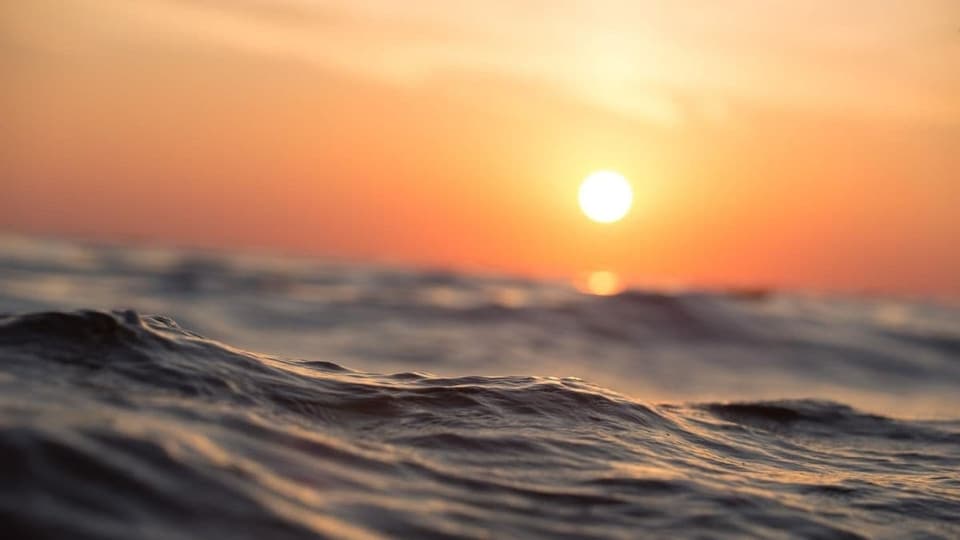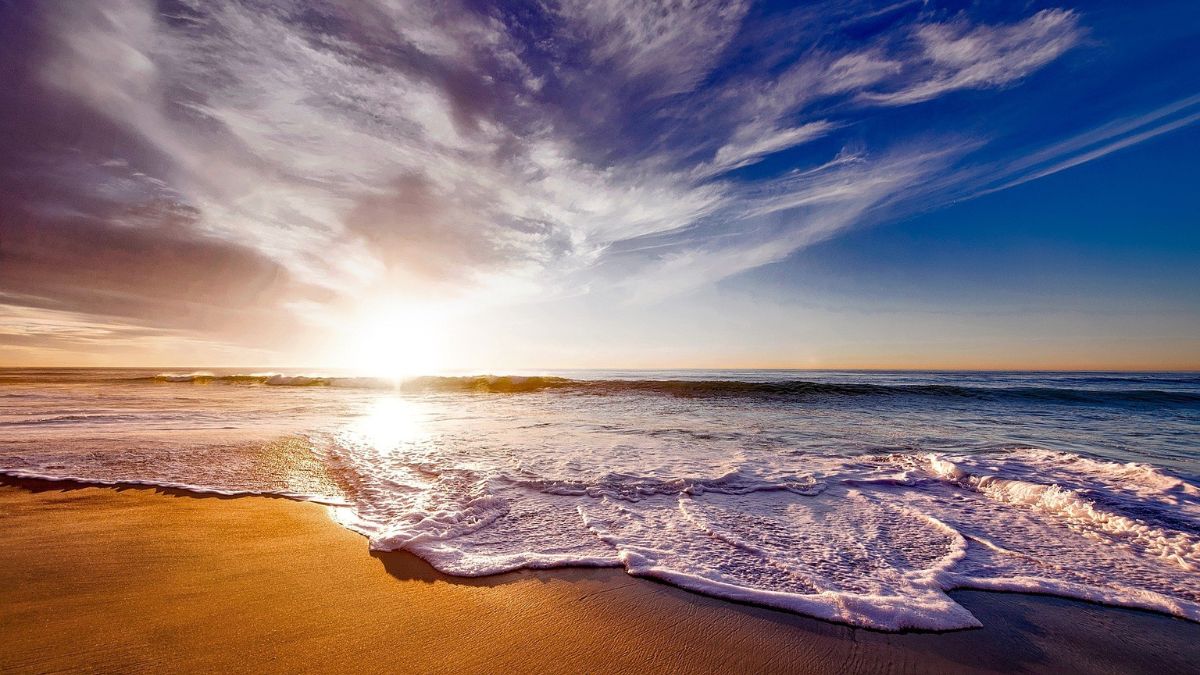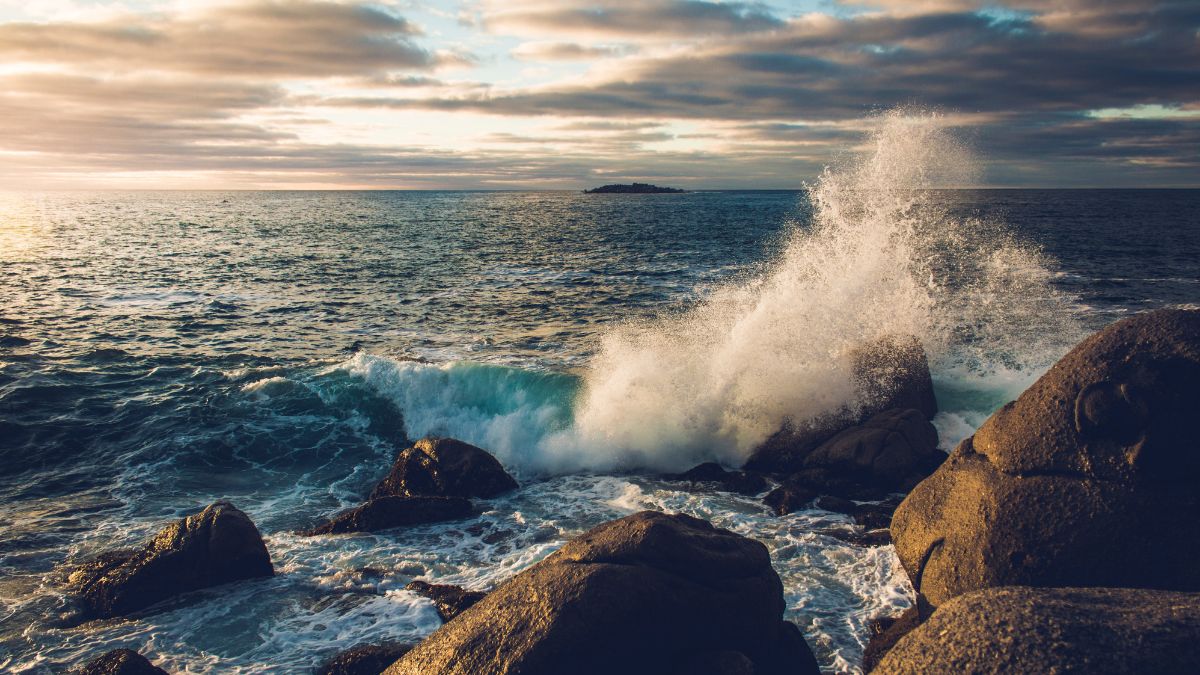Apple TV’s futuristic climate show is already coming true
Extrapolations creator Scott Z. Burns talks about the creative challenge of crafting climate fiction that can keep up with climate reality.






 View all Images
View all ImagesWhen the futuristic climate series Extrapolations premiered on Apple TV in March, its opening episode depicted a New York City whose skies had turned orange from wildfire smoke — in the year 2037. So when the skies really did turn an apocalyptic orange last week as wildfire smoke from Canada suffocated the city, more than a few of the show's fans had a flashback, or at least a flash-forward.
Over eight interconnected episodes, Meryl Streep, Kit Harington, Sienna Miller and other members of Extrapolations' A-list cast confront an increasingly grim future as climate change transforms a 2037 existence not unlike our own into a 2070 hellscape, where exposure to the sun can be fatal and no one leaves their house without an oxygen tank. Scott Z. Burns, the show's creator and executive producer, has said he wanted to set the series far enough in the future for today's worsening climate trends to play out, but not so distant that the impacts would seem implausible to a 2023 audience.
No chance of that these days. In Extrapolations, one of the characters born in New York City during the 2037 wildfires develops debilitating “summer heart” from smoke exposure in utero. Today, doctors in Australia are treating “bushfire babies,” children born during the catastrophic fires of 2019-2020 with chronic pulmonary conditions.
Burns, who largely shot Extrapolations in New York, spoke to Bloomberg Green about telling a future that seems foretold.
Has climate reality already caught up to the future you depicted?.
Well, I think that climate reality is recurring. When we shot that first season, there were some fires in Canada that affected the air quality in New York. I remember one day driving into our studios taking a photo of the skyline, which sort of served as our template for a lot of what we did in the pilot. Last week there were a lot of people posting things comparing the imagery from the pilot to the skies above Manhattan. People were thinking that maybe the show was on to something.
Last week's events would seem to answer any critics who say Extrapolations was ahead of itself in depicting climate change in the future.
We all spent a lot of time deliberating over what the start date of Extrapolations should be. We wanted to push it far enough into the future to answer one big question, which is: Are these events like we're seeing right now anomalies? Or are they part of newly created patterns? Or are there certain climate change issues that are tipping-point issues and these things are not cyclical but are capable of having a major sort of phase shift? Extrapolations suggests that there's a period of time where things like this go on and we dismiss it as being as an anomaly and that everything will get back to normal next year. But eventually, you have to look at the trendline and go, “Normal is changing.”
Suffocating smoke and orange skies are familiar on the US West Coast. Will that reality coming to the Eastern seaboard have an impact on how film and television creatives look at climate change?.
I really hope so. One of our greatest hopes with this show is that we would be able to move things like what's happening in the skies above New York into the public consciousness in a different way. So I hope that the more artists who encounter this will create more art in response. But there's also a flipside to that, which is that in a month it's very likely our skies won't be orange and we'll say, “Oh, that was the thing that happened that one crazy week.”
Will there be another season of Extrapolations?.
Part of the reason the episodes were irregularly spaced was because we had contemplated the possibility of more seasons so that we could fill in the timeline. With the writers strike going on, I've had zero contact with Apple. So that remains a big unanswered question until the studios sit down and really work out a deal with us.
Catch all the Latest Tech News, Mobile News, Laptop News, Gaming news, Wearables News , How To News, also keep up with us on Whatsapp channel,Twitter, Facebook, Google News, and Instagram. For our latest videos, subscribe to our YouTube channel.




























